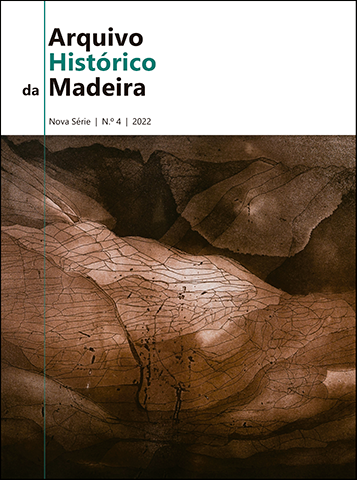Forms of Address of Second Person of Singular in Portuguese: Representations and Beliefs of Madeiran Speakers
Abstract
The forms of address (FA hereafter) for the second person singular, available for use in Portuguese in a wide variety of contexts of social interlocution, constitute a complex system marked by great formal diversity in terms of morphosyntactic categorization and of conditioning at the pragmatic level. In this paper, we intend to share the results of two studies carried out in 2019 and 2021 on this topic towards speakers of an insular variety (Madeira Island) of European Portuguese (EP). Through data from two questionnaires applied to 345 and 93 participants respectively, we tried to understand the judgements of acceptability and the social value perceived by the different FA selected for specific contexts of social interaction, characterized by a greater/lesser proximity and asymmetry between interlocutors. In general, both studies showed (i) a greater preference for nominal forms over verbal forms with null subjects and (ii) some specificity in the way the Madeiran speakers evaluate FA in family contexts. In this respect, the FA “o senhor”/“a senhora” for older family members (son/father, grandson/grandfather) represents an alternative in the choices of the inquired Madeirans and the most used FA in the standard variety of EP (the father + 3sg, (“tu”) + 2sg). The data obtained also points to the relevance of social factors, such as the level of education and age of the Madeiran participants in evaluating the FA, especially in domains where social interactions are markedly more asymmetric.
Keywords
Forms of Address in European Portuguese; Second Person Singular; Madeiran Speakers; Evaluation Studies; Linguistic and Social Variation.
Downloads
Published
Issue
Section
License
Copyright (c) 2022 Arquivo Histórico da Madeira, Nova Série

This work is licensed under a Creative Commons Attribution-NonCommercial-NoDerivatives 4.0 International License.



